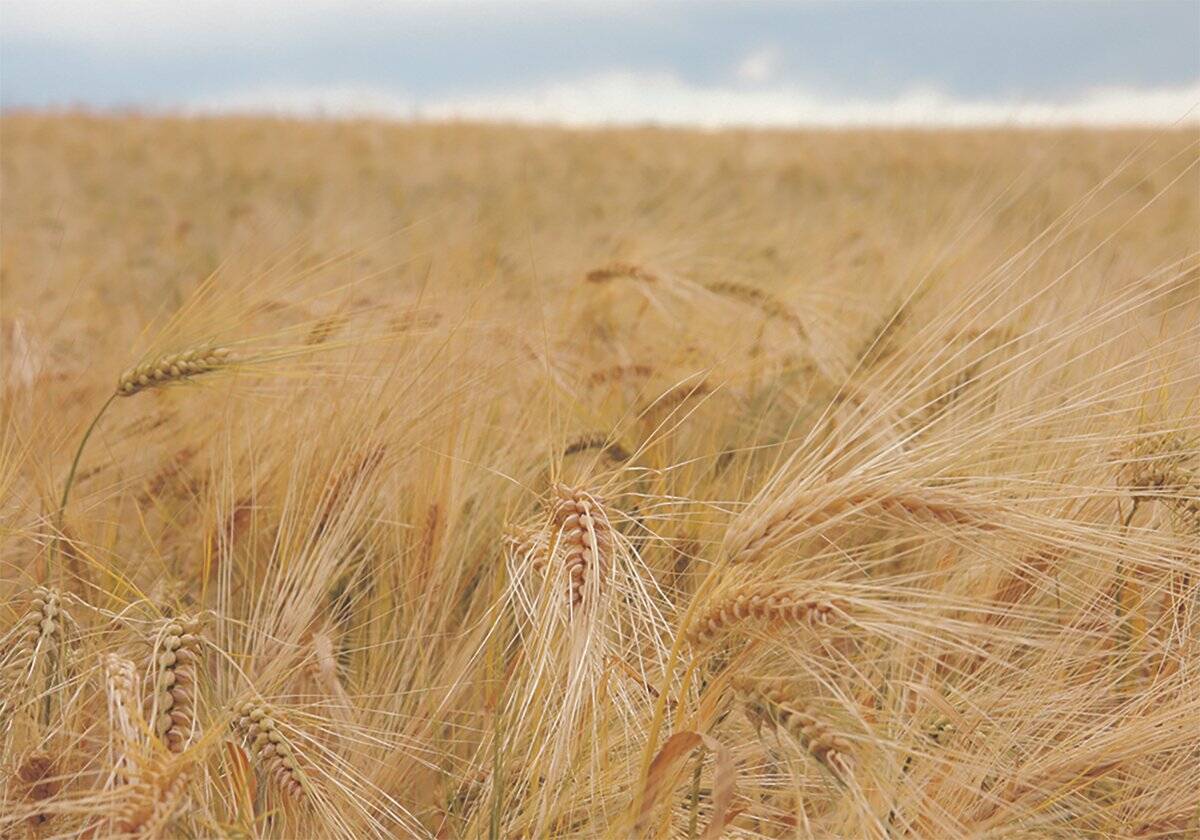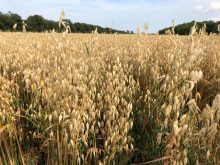Barge shipping on the Illinois River and parts of the Mississippi River was at a standstill on Monday as flooding forced the closure of numerous locks and as crews worked to recover dozens of barges that broke free in flood-swollen currents.
The U.S. Coast Guard closed the Mississippi between river mile markers 155 and 170 near St. Louis after 114 barges broke free from a fleeting area late on Saturday and 11 of them sank.
All of the barges are accounted for and two salvage companies were working to raise the sunken barges and recover the rest.
Read Also

Feed Grain Weekly: Barley still the king of Canadian feed grains
Brandon Motz of CorNine Commodities in Lacombe, Alta. said barley is still the preferred feed grain of choice here and abroad.
The Coast Guard did not have an estimate for when navigation may resume.
The river had been fully closed between mile markers 415 and 436 near Vicksburg, Miss., after 27 coal barges and three grain barges broke free from a tow and at least one struck a railroad bridge, the Coast Guard said.
The river reopened to southbound traffic on Monday morning, with 12 vessels pushing about 120 barges awaiting passage. A northbound queue of 16 vessels pushing about 230 barges would be cleared through the area once the southbound queue had passed, the Coast Guard said.
The Illinois River and the Mississippi River north of St. Louis were also effectively closed as high water forced the closure of numerous locks.
Most of the locks could reopen by the end of April or early May, shippers said, citing the latest river crest forecasts from the National Weather Service.
— Reporting for Reuters by Karl Plume in Chicago.















